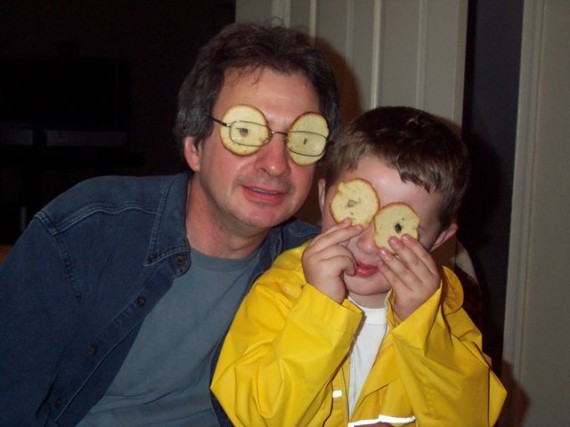
Children learn from adults. They learn by example. Their sense of what is normal and what is acceptable comes from their environment. I’ve always felt that children have the right to question the rules and question authority, so long as they do so in a respectful way. They should also understand that questioning a rule doesn’t necessarily change that rule.
Debate clubs and teams are a wonderful way for older kids to learn the art of respectful disagreement. In fact, most school debate teams will have the student make a case for both sides of an issue, in an effort for them to understand the opposition.
Riding with my grandson, we passed a car covered in bumper stickers. Most of them were political in nature. The only words I can put in this post without it turning from G or PG rated to R rated would be “idiot” and “stupid”. My grandson is soon going to be 13 years old. He read the stickers and laughed. Then he commented about how, when someone really has no facts to back up their hatred or displeasure, they will resort to name-calling. It’s pretty much a standard playground tactic used during elementary school recesses. I see the same tactics used in Facebook posts and during what are supposed to be adult discussions. Imagine going for a job interview and being told, “Get out, you’re stupid.” End of story. Not, “I’m sorry, but for these reasons we don’t feel you are qualified for this job.” That’s the difference between treating someone with respect or not. We don’t have to agree with someone, like someone or even respect someone to treat him or her respectfully.
Our children are watching us. They are listening to us. They are observing how we treat others. Not just those with whom we agree, but those with whom we disagree. If they treat people with whom they disagree in a disrespectful way, if they call them names, if they become bullies, perhaps the reason can be found if we take a look in the mirror.
Next Blog